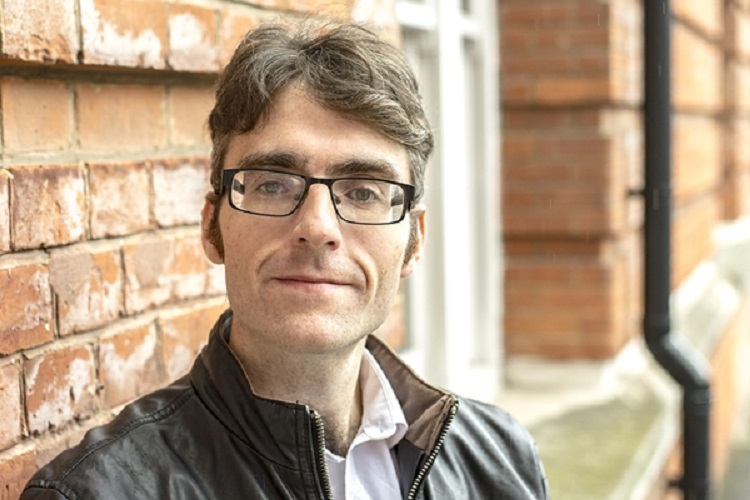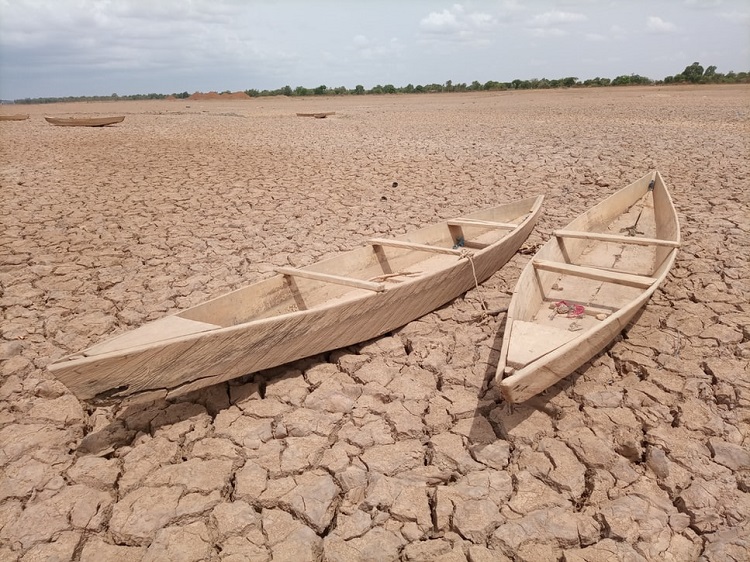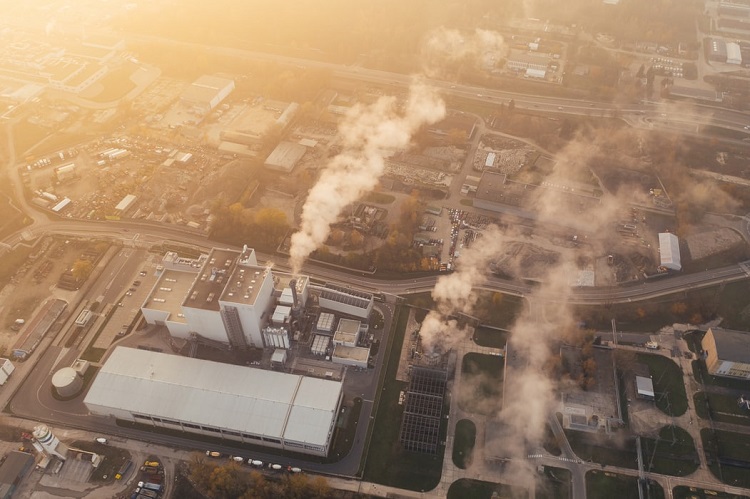Last week the IPCC – Intergovernmental Panel on Climate Change - published the ‘Working Group I’ contribution to the 6th Assessment Report (AR6), focusing on physical changes to the Earth’s system - past, present and future - associated with a changing climate. NRI’s Dr Conor Walsh, Environmental Scientist and Programme Leader of the new BSc in Climate Change at the University of Greenwich, explains why NRI supports the findings and why it really is the last chance for Paris - where the 2015 agreement on limiting global warming was signed - and the world.
Whilst the depth of analysis being brought to bear is unprecedented, the fundamental message is simple. Changes in the climate system are ‘unequivocally’ attributed to human activities and when viewed collectively, the scale of the observed changes to land, ocean and atmospheric processes are ‘unprecedented’ across a multi millennial perspective. In blunt contrast, the time window to avoid more disastrous impacts is terrifyingly short.
The current best estimate is that human activity has resulted in an average global surface temperature increase of 1.07°C, relative to the years between 1850-1900. Additionally, this anthropogenic climate change has contributed to increased incidents of both heavy precipitation and agricultural drought.
anthropogenic climate change has contributed to increased incidents of both heavy precipitation and agricultural drought.
The IPCC report states that, in a future in which the global surface temperature increase rises to 2 °C, a one in 50 year ‘extreme temperature event’ is projected to occur every 13.9 years, and perhaps more worryingly, the intensity of such an event is anticipated to increase temperatures by 2.07 °C. The IPCC presents five illustrative scenarios of future emission curves up to the year 2100 with the associated surface temperature increases.
In all surface temperature scenarios, central estimates project that the 1.5 °C temperature increase threshold will be passed before 2050. However, with the lowest emission scenario, it is more likely than not, that temperature increase will not exceed 1.6 °C this century.
In the case that the world does not achieve an imminent and sustained reduction in emissions, the report presents a best estimate of exceeding a 2 °C increase between 2041-2060.
However simply avoiding the worst level of warming is not sufficient to avert disastrous impacts. Limiting temperature increases to 2 °C is in no way benign and may risk triggering a cascade of tipping points, with recent extreme events being taken as evidence that this process may already be underway, according to a recent article in Nature entitled ‘Climate points, too risky to bet against’. Accepting this warning, the highest emission scenario, projecting an increase of between 3.3 and 5.7 °C between 2081-2100, becomes the stuff of nightmares.
 One of the key points within the report is that the situation is even more serious than previously accepted. A previous special report on the Paris Agreement’s ambition to limit the global average temperature increase to 1.5°C, suggested this would most likely occur in the early 2040s, the central estimate in AR6 – 6th Assessment Report - presents a revised estimate of the early 2030s. (Arguably the incremental shifting of the language around the most optimistic level of warming from “1.5 °C” to include “1.6 °C” is an indication of this).
One of the key points within the report is that the situation is even more serious than previously accepted. A previous special report on the Paris Agreement’s ambition to limit the global average temperature increase to 1.5°C, suggested this would most likely occur in the early 2040s, the central estimate in AR6 – 6th Assessment Report - presents a revised estimate of the early 2030s. (Arguably the incremental shifting of the language around the most optimistic level of warming from “1.5 °C” to include “1.6 °C” is an indication of this).
Whilst it must be stressed that this week’s report is focused on the physical sciences aspect, several observations may be made. Presenting central estimates is a useful way of comparing futures, but they can disguise the potential worst-case scenario. As mentioned, the upper confidence range of the higher emission scenario envisions a future with a 5.7 °C increase before 2100.
This level of warming would be calamitous in most situations and apocalyptic in areas that are currently experiencing climate stress. The utter lack of parity between the populations most at risk and those most responsible, underscores many of the projections in this report.
Considering averages is useful but hides fluctuations, as illustrated by J F Bastin’s article in PLOS, which states that a 2 °C increase by 2050, means the hottest month will be 5.9 °C warmer in London than currently, and that many cities will face temperatures never previously experienced, and will therefore lack adaptive capacity.
Increased temperatures and droughts will prompt evapotranspirative loss in soil water (evapotranspiration is the sum of evaporation from the land surface plus transpiration from plants), risking global food production. This will have noticeable food system impacts by affecting both producing and importing regions. Given the projected increase in food demand by 2050, the humanitarian consequences of a dramatic reduction in food production do not need elaboration.
Here at NRI, we are launching a new honours degree in Climate Change; the degree is framed by the scale and urgency of the challenge and seeks to convey to students a deep understanding of the implications of climate change for the economic and earth system. This programme is founded upon the research experience of its staff including IPCC contributors such as Professor John Morton, and many others who engage with communities in already climate stressed settings on resilience. Students will develop a suite of inter-disciplinary skills that will be vital in the future as organisations seek to reduce their impact and adapt to a changing world.
understanding of the implications of climate change for the economic and earth system. This programme is founded upon the research experience of its staff including IPCC contributors such as Professor John Morton, and many others who engage with communities in already climate stressed settings on resilience. Students will develop a suite of inter-disciplinary skills that will be vital in the future as organisations seek to reduce their impact and adapt to a changing world.
NRI’s Director, Professor Andrew Westby, joins the calls for G20 leaders to take urgent action, and says: "Changes are required across all human-nature systems such as energy systems, food systems, built environment etc. Implementation of these transformations will entail different pathways and practical challenges for differing countries and regions, but ultimately the end goal is the same: to reduce Greenhouse Gas Emissions and achieve effective adaptation to the climate change to which we are already committed."
This IPCC report is a terrifying account of the costs of global inaction. Whilst dramatic impacts in all regions are inevitable and irreversible, much worse is foreseeable. The scale of change required calls for a global effort including unpalatable policy decisions, honest communications with consumers and voters and far-reaching action. If action doesn’t happen by COP26 - which takes place in Glasgow in November - and continue thereafter, the message of the next assessment report may well be ‘prepare to face an unrecognisable world much sooner than expected’.
To find out more about
Study BSc in Climate Change with NRI

